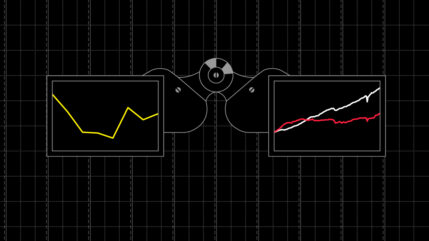In the aftermath of the Global Financial Crisis many commercial property funds suspended trading. Some eventually went bust, returning only a fraction of invested capital or worse, nothing at all. The reason for this spectacular failure was leverage – these funds had borrowed heavily to acquire properties.
This time it is different. Since the UK voted to leave the EU commercial property prices have fallen. Companies shy away from buying, building or developing properties when political and economic uncertainty is high. But the funds that have suspended trading this week do not use huge levels of leverage to deliver returns so there are no massive bank loans to repay. But they do not want to be forced to sell property into a falling market so they have suspended trading or applied huge “fair value” adjustments to deter selling. They want the luxury of waiting it out, at the expense of investors, who want out.
Open ended commercial property funds are not liquid although they can appear to be at first glance. They usually price every day, giving the illusion that your holding is able to be sold at a particular value. But as anyone who has tried to buy and sell a house knows, property does not get priced every day and property can be difficult and slow to sell. It is no different for a fund, and if everyone leaves together, there will be a queue at the exit.
Investors have recently run for the door, only to find it is slammed in their face. That liquidity was an illusion. The funds cannot find the cash to pay all the investors who want to leave.
A closed ended fund is a more sensible legal structure for a commercial property portfolio. The properties don’t need to be sold because the number of shares in the fund never changes. Buyers and sellers are matched on the market, just like for any other share, and the market price moves accordingly. As a seller of a closed ended fund you might suffer a lower price but you can get your money out. In doing so, a buyer will likely want a bargain. The fund manager does not even need to be aware of the transaction. The assets managed remain unchanged.
The UK needs leadership and a clear direction on how it plans to leave the EU. Only then will companies be able to make decisions over their futures. And only then will there be some clarity within the commercial property sector. Difficult times may lie ahead for commercial property investors if this drags on longer than it needs to or if the resulting agreements make the UK a less attractive destination for capital investment, both from overseas and from within.
The good news for Courtiers clients is that we have no exposure to such commercial property funds within any of our Courtiers funds. If commercial property prices fall dramatically there may be opportunities to pick up a bargain, but never via an open-ended fund – we value liquidity too highly for that.













